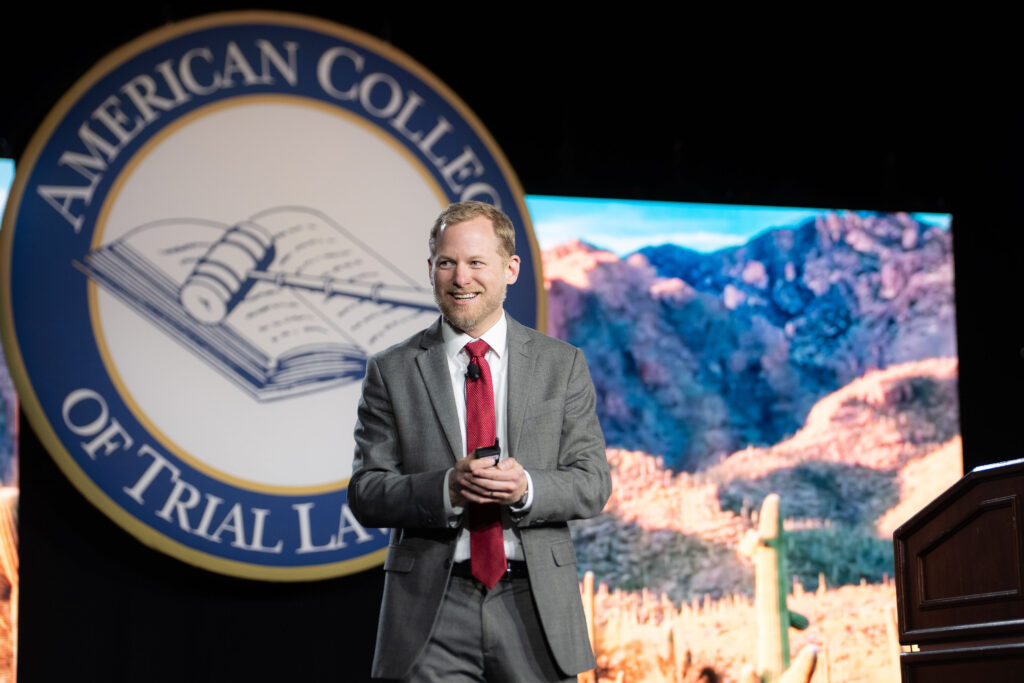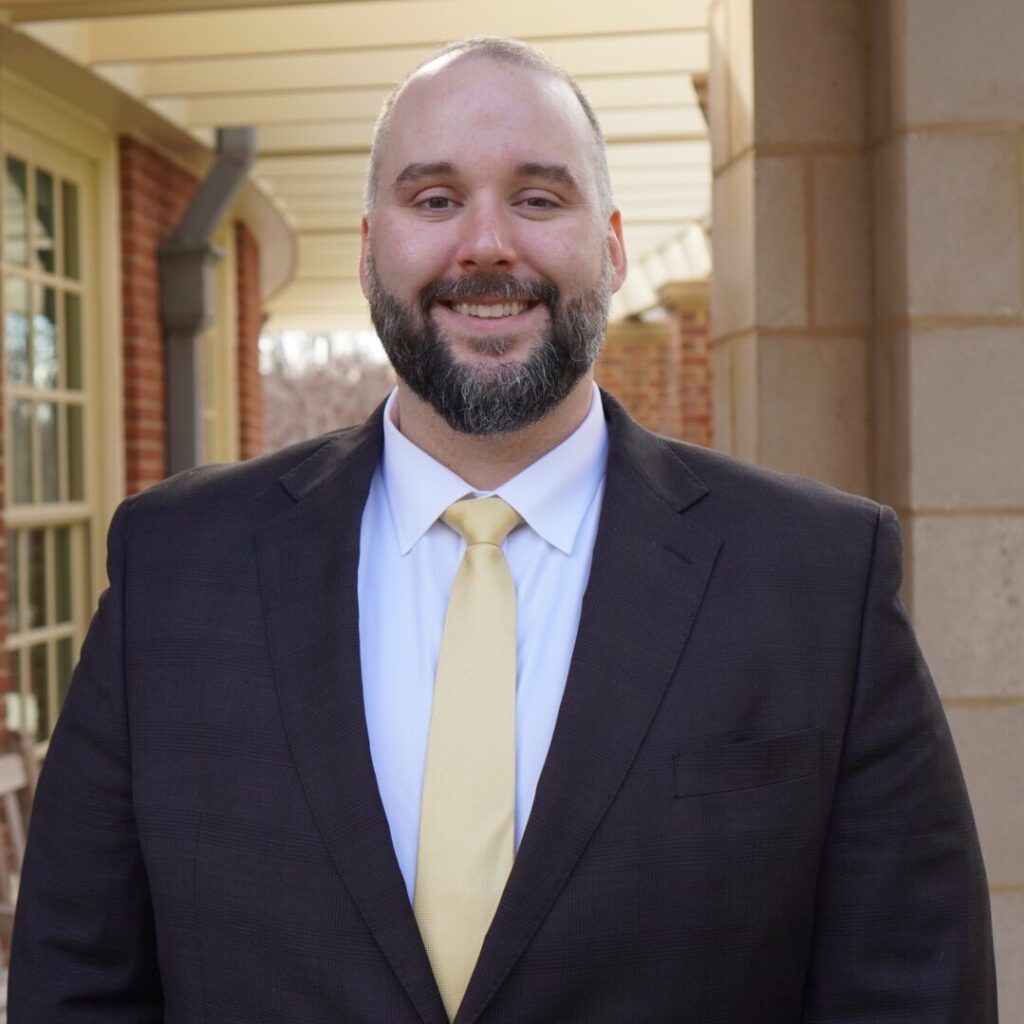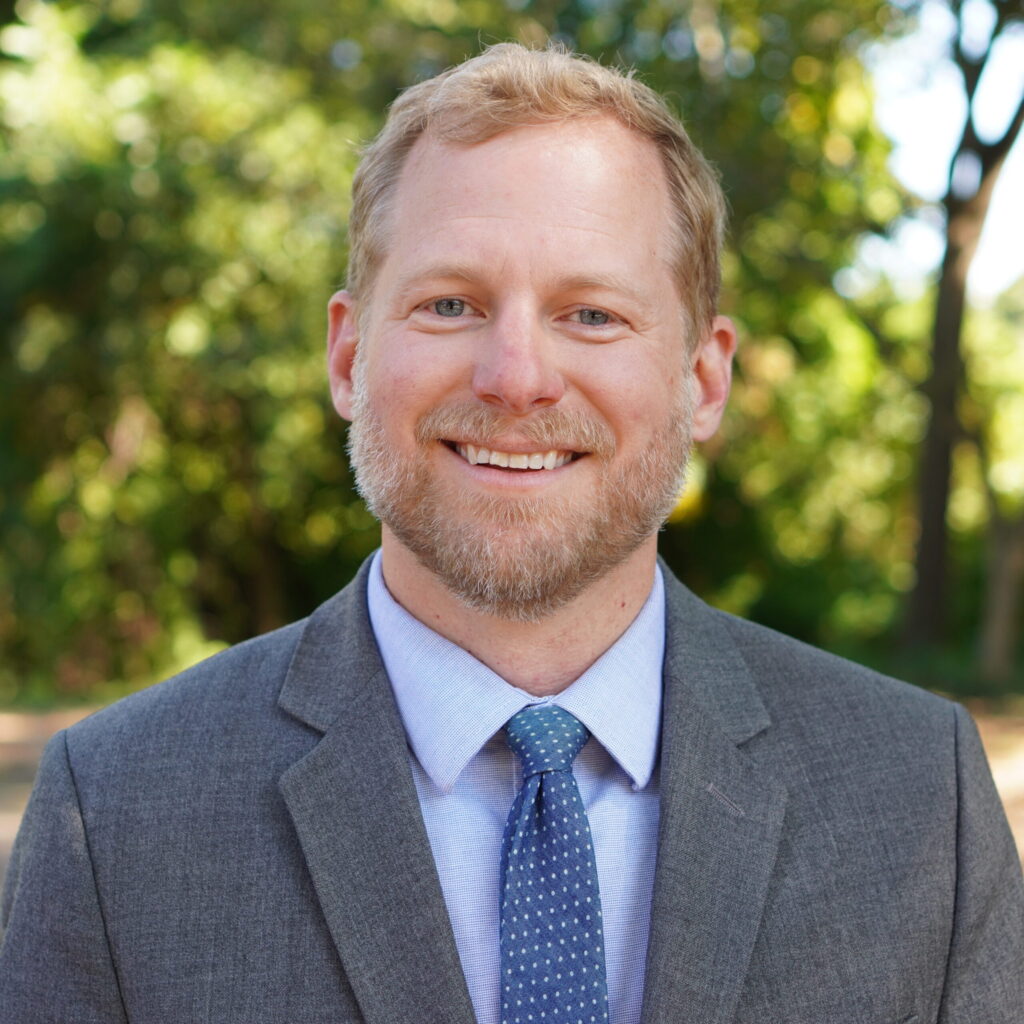Leadership & Character in the Law
Why It’s Important
Sometimes, legal education instructs students to “think like lawyers,” which can be interpreted as separating their values from their work. And while law students are taught ethics rules, they are often not adequately equipped with an understanding of their own character and values to navigate many of the complexities of legal practice or assume the leadership roles expected of them throughout their careers.
Additionally, the American Bar Association’s new standards mandate that law schools aid students in the “development of a professional identity,” which requires a more holistic approach to legal education.
So, how does Wake Forest Law better prepare our students to succeed within this complex and nuanced framework?

What We Do At Wake Forest Law
The Program for Leadership and Character creates opportunities for students who want to explore leadership and character, and flourish both inside and outside of their chosen profession. One such opportunity is the Leadership and Character in the Law Scholars cohort, a select group of students who meet with practicing attorneys and law firms to deepen their understanding of the ethical and personal challenges in the legal environment, and gain insight into the impact and importance that character has in the profession.
The Program for Leadership and Character also works with law faculty to weave leadership and character development throughout the curriculum. All incoming JD students are introduced to community and collaboration, teamwork and trust, purpose and values, and resilience during their orientation.

We prepare students to think holistically about their professional and personal responsibilities, not just to be really competent, proficient, technically-sophisticated lawyers … but to be full human beings who have thought about the connections between who they are and what they do.
Kenneth Townsend, Executive Director of Leadership and Character in the Professional Schools
The Impact
A character-based approach to leadership development and professional identity formation not only satisfies new regulatory requirements, but also helps law students become better, more fulfilled lawyers.
“It’s been an absolute gift to be a part of the Leadership and Character [Scholars] … Through the continued work of the Program, that’s been something that I felt significantly more comfortable in pursuing, not just with myself but also with others.”
Sam Kiehl (JD ’24)
The Program for Leadership and Character [Scholars] has definitely been the most enriching thing I’ve done in my entire law school experience … having the regular cohort meetings has given me an opportunity to learn not only who I am, but that I have the power to become someone different …
Clare Magee (JD ’24)
My empathy, I thought, was stellar before I came to law school. But getting a chance to talk with my colleagues and use it in practice with my clients has only made it grow over the last three years. So I’m incredibly grateful for the [Scholars] cohort for helping me develop my character, especially my empathy.
Kendall Carter (JD ’24)
Get Involved
Students can contact Assistant Director Ben Rigney (rigneyb@wfu.edu).

For general questions, contact Kenneth Townsend (townsek@wfu.edu), Executive Director of Leadership and Character in the Professional Schools

Law faculty can contact Nancy Winfrey (winfren@wfu.edu) with questions, ideas, or comments.
